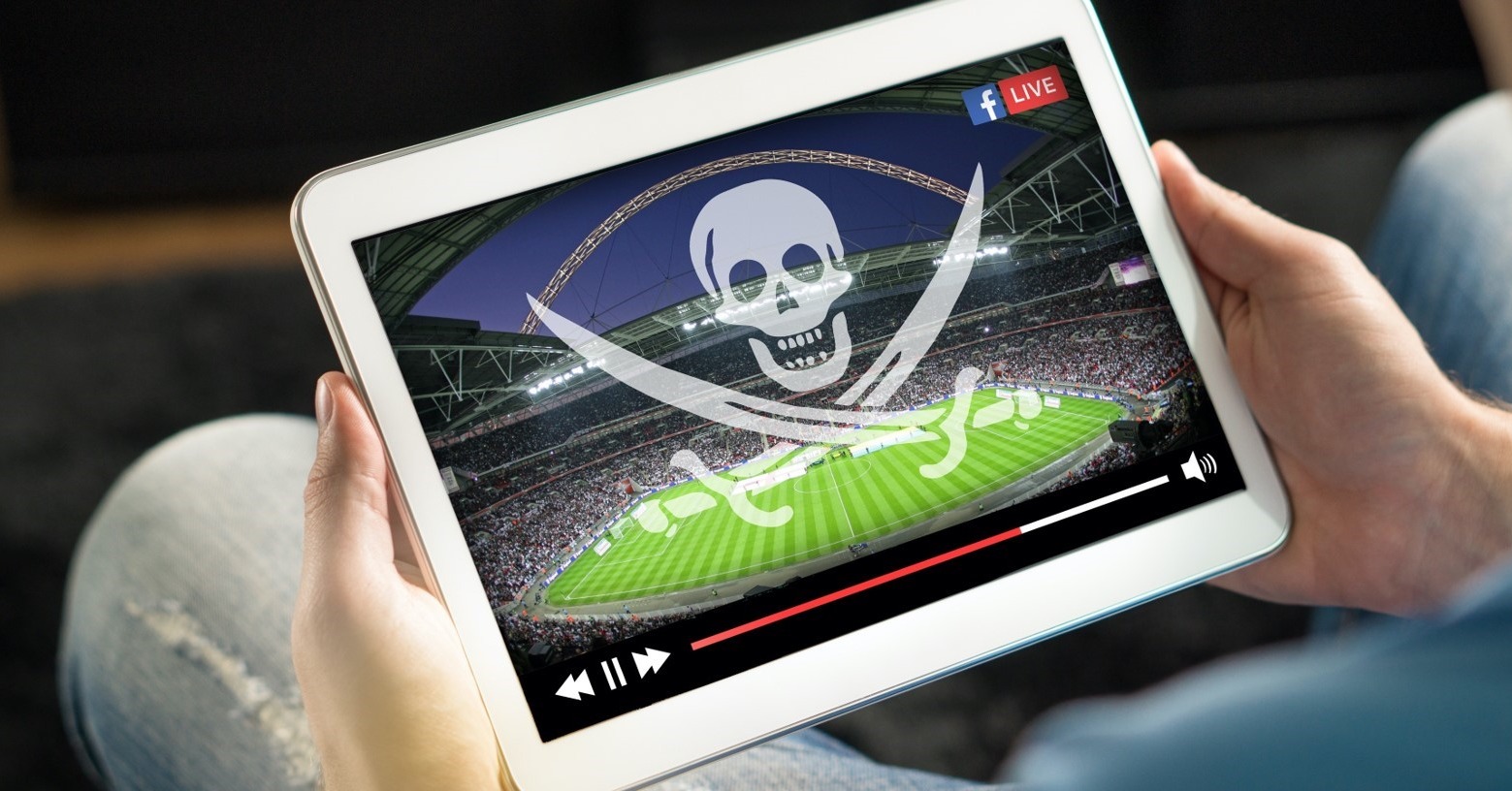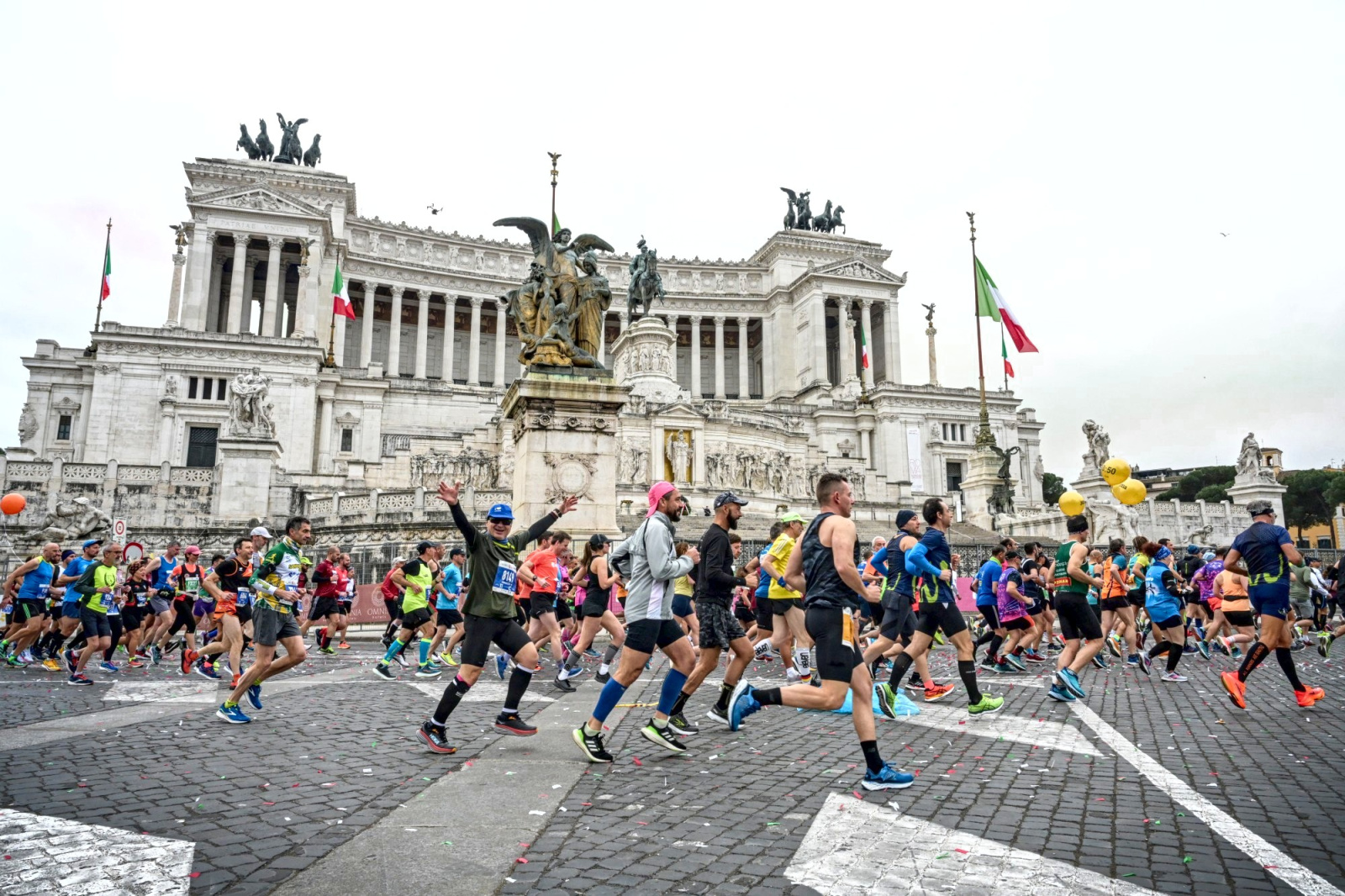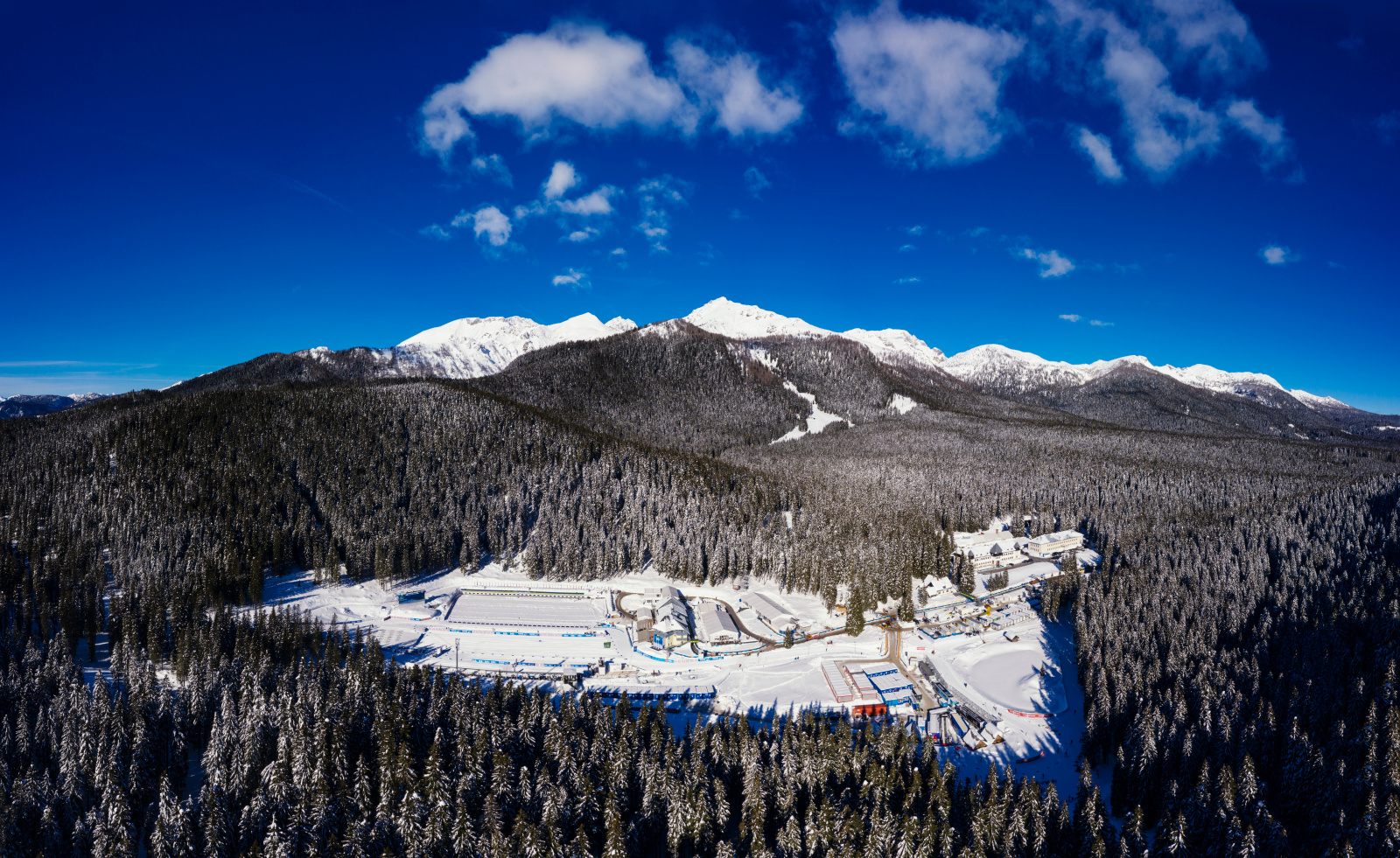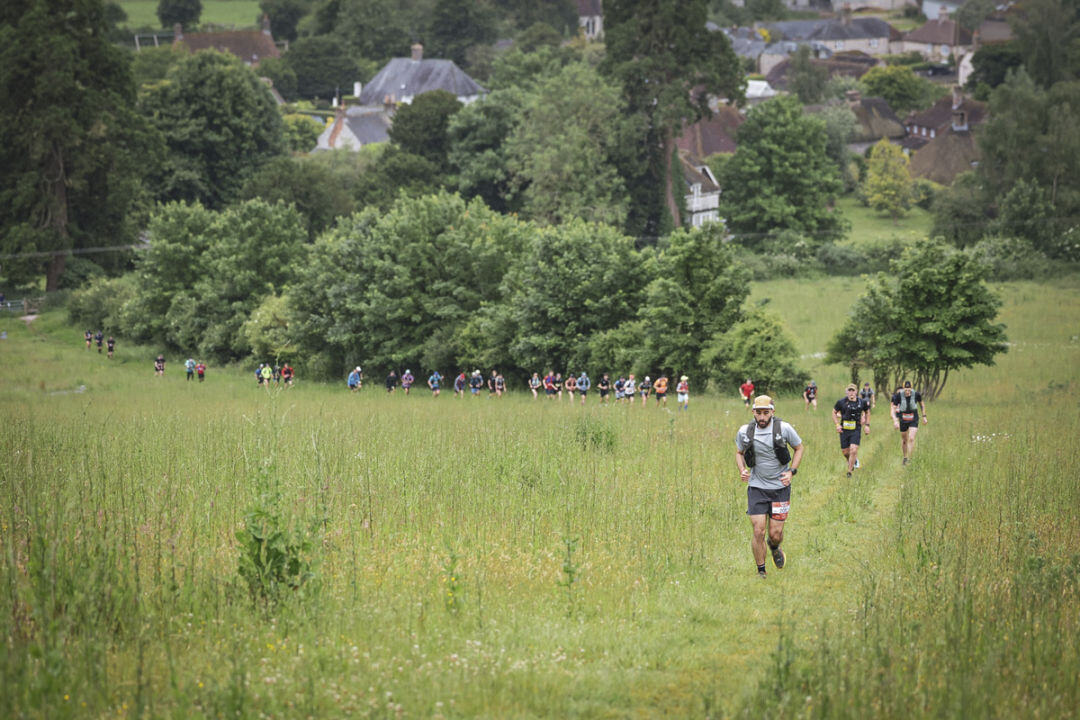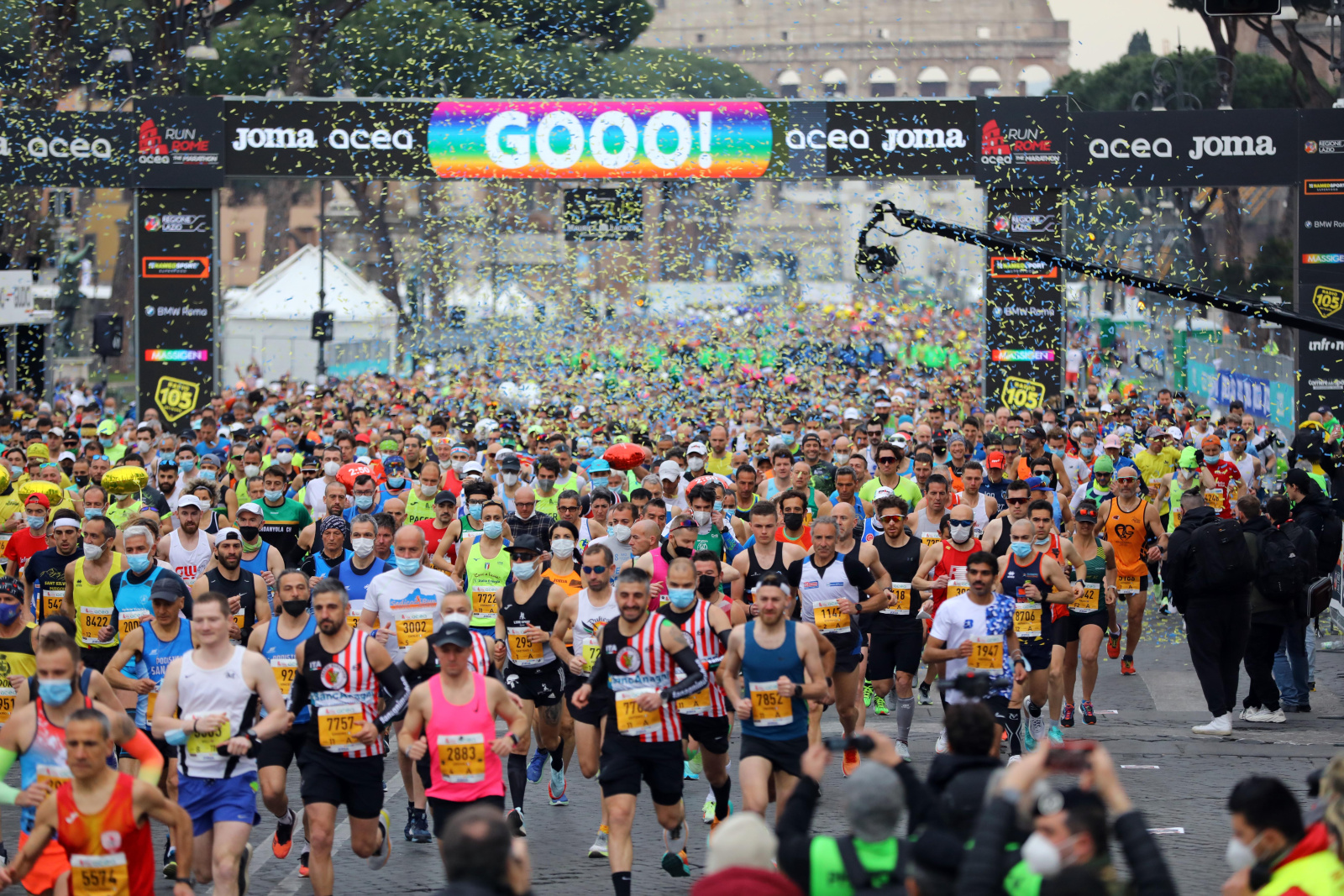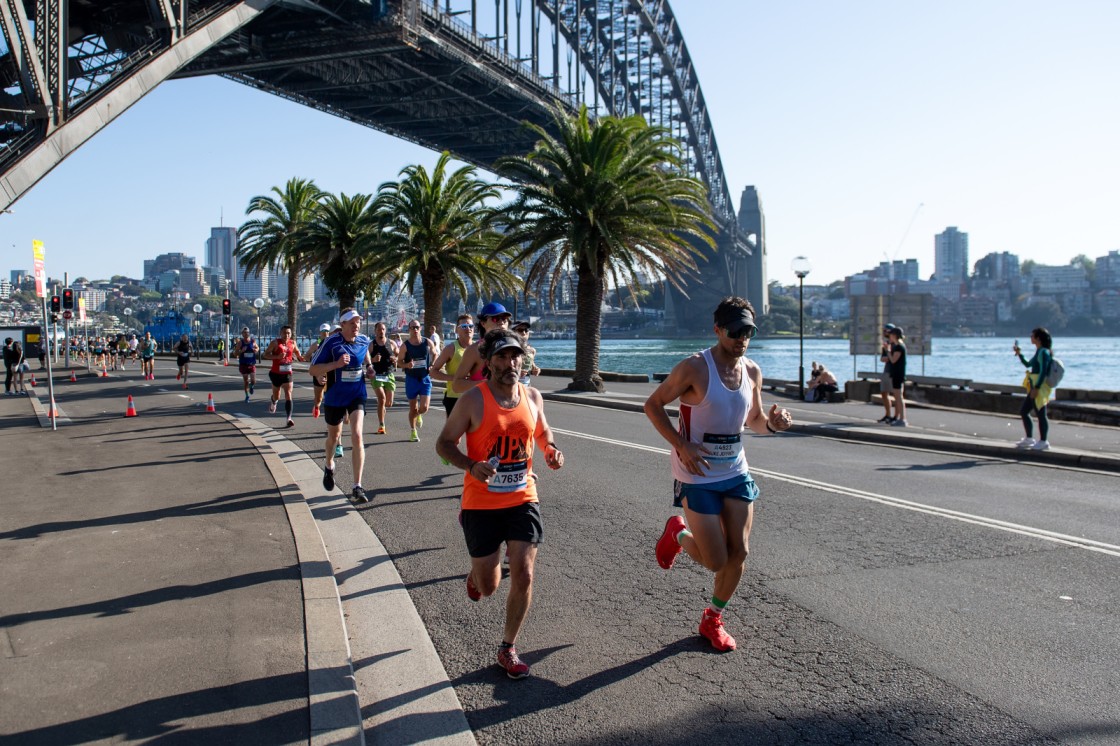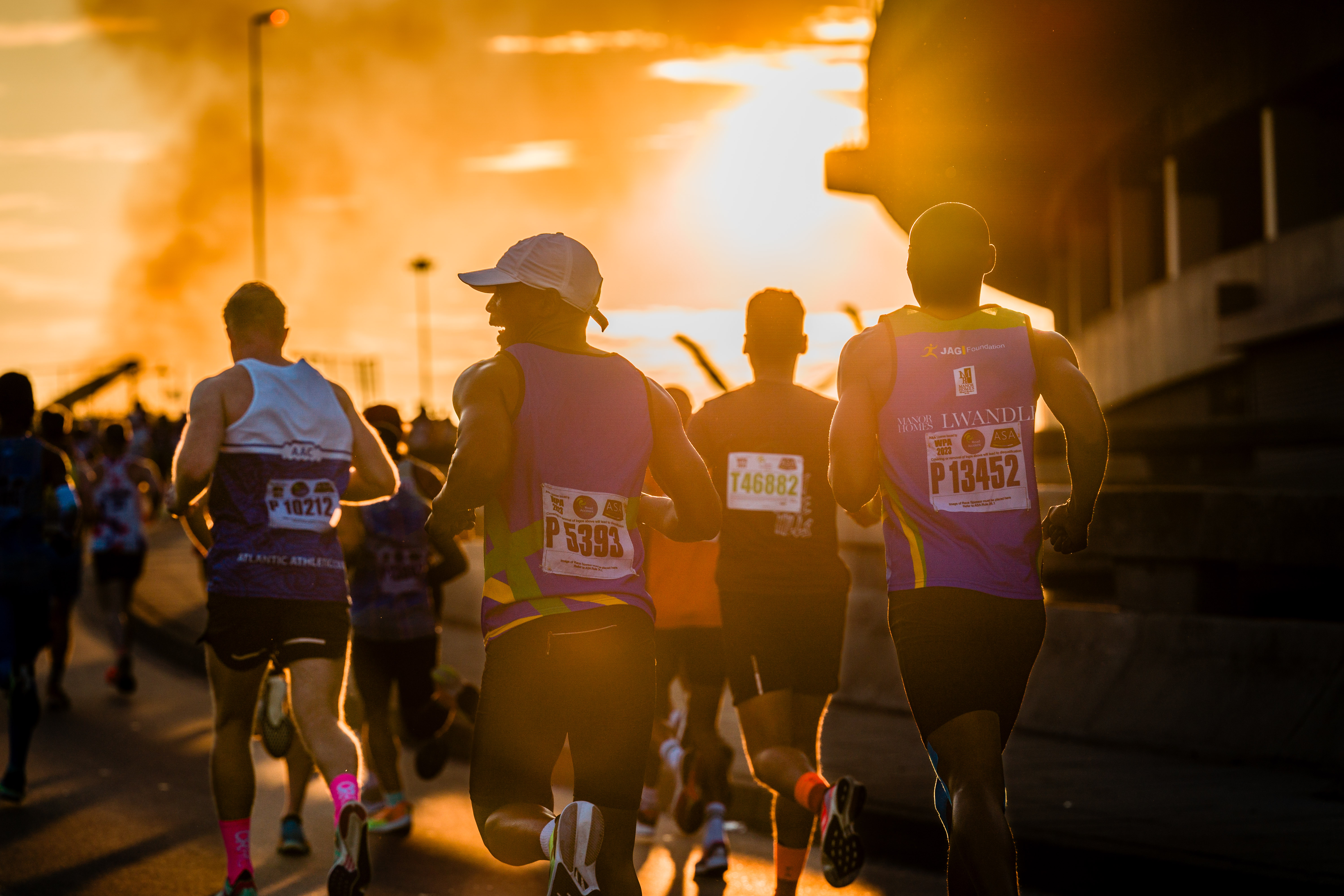Marathons have always tried to stand out from the crowd in what they offer participants and partners. BMW Berlin Marathon is the fastest, Boston Marathon is renowned for being the toughest to get into, London the biggest. But in the heart of Italy, the Acea Run Rome The Marathon wants to establish itself as an event which is taking steps to limit its impact on the environment.
Since its inception in September 2021, the event has committed to achieving a better carbon footprint. Organizers Infront Italy, Corriere dello Sport – Stadio, Italia Marathon Club and Atielle, together with the sustainability consultancy Circularity have embarked on a journey to integrate sustainability and circular economy principles into every aspect of the event.
A commitment to sustainability
From the outset, the Acea Run Rome The Marathon adopted a sustainable management system, earning ISO 20121 certification for “Sustainable event management”. This certification was an early step as the marathon looks to ensure and grade the operations of its key stakeholders along the parameters of the United Nations' 2030 Agenda for Sustainable Development. Through this formal commitment, the marathon set itself a benchmark for sustainability which it continues to work on and progress year-by-year.
The marathon's efforts in sustainability have led to early environmental achievements in this process. Notably, in 2023, the event’s food surplus was given to people in need, thanks to the collaboration with partners like Associazione Banco Alimentare Roma ODV. This enabled the recovery of 43.57 tons of beverages and food, including 18,000 litres of water and 20,000 litres of isotonic beverages, alongside 1,280 kg of food and snacks, 90 kg of thermal blankets, 240 kg of race bags, and 210 kg of t-shirts. The associated emissions from the recovery of all surplus food contributed to a total saving of 11.72 tons of CO2 eq.
The commitment to creating new forest areas in Guatemala, created with the support of marathon participants, symbolizes the event's long-term commitment to CO2 absorption and support for local communities. As a result of this, between 2021 and 2023, the marathon, in collaboration with zeroCO2, contributed to the creation of a forest in Guatemala with over 6,000 trees, which is expected to absorb more than 6,000 tons of CO2. (read more about the project here: Reforestation Project In Guatemala | zeroCO2)
These initiatives are part of a broader journey to reduce the event’s carbon footprint whilst also aiding local communities.
Reducing carbon emissions up and down the value chain
In keeping with its sustainability goals, the marathon has also adopted eco-friendly practices in its value chain. Upstream, the merchandise production including the use of recycled material for advertisement banners to runners' t-shirts are made from recycled yarn.
The additional focus on sustainable transport, augmenting the use of hybrid or electric vehicles up to 39% and enabling athletes to utilise sustainable mobility options, also contributed to the reduction of CO2 production by 25 tons.
The use of disposable plastics was minimised where possible, especially in dining areas, whilst compostable cups were used for water distribution during the race, reducing emissions in the downstream.
A sustainable future
With a clear vision for the future, the marathon, in collaboration with Circularity, has developed a long-term sustainability roadmap. This plan focuses on measuring and reducing the event's carbon footprint through transparent and continuous improvement efforts, following internationally recognized methodologies. The introduction of Turtle Vittoria as the marathon's mascot, in partnership with the WWF, also highlights the event's commitment to supporting endangered species and raising awareness about conservation efforts.
The marathon's initiatives align closely with the Sustainable Development Goals (SDGs), reflecting a comprehensive approach to sustainability that extends beyond environmental impact to include social and economic dimensions.
Through its certified sustainable management, innovative environmental initiatives, and commitment to social responsibility, the Acea Run Rome The Marathon has set itself a high standard. Together with its partners it has started on the path towards carbon neutrality. There is still a long way to go – but endurance has always been a marathon’s key theme.


